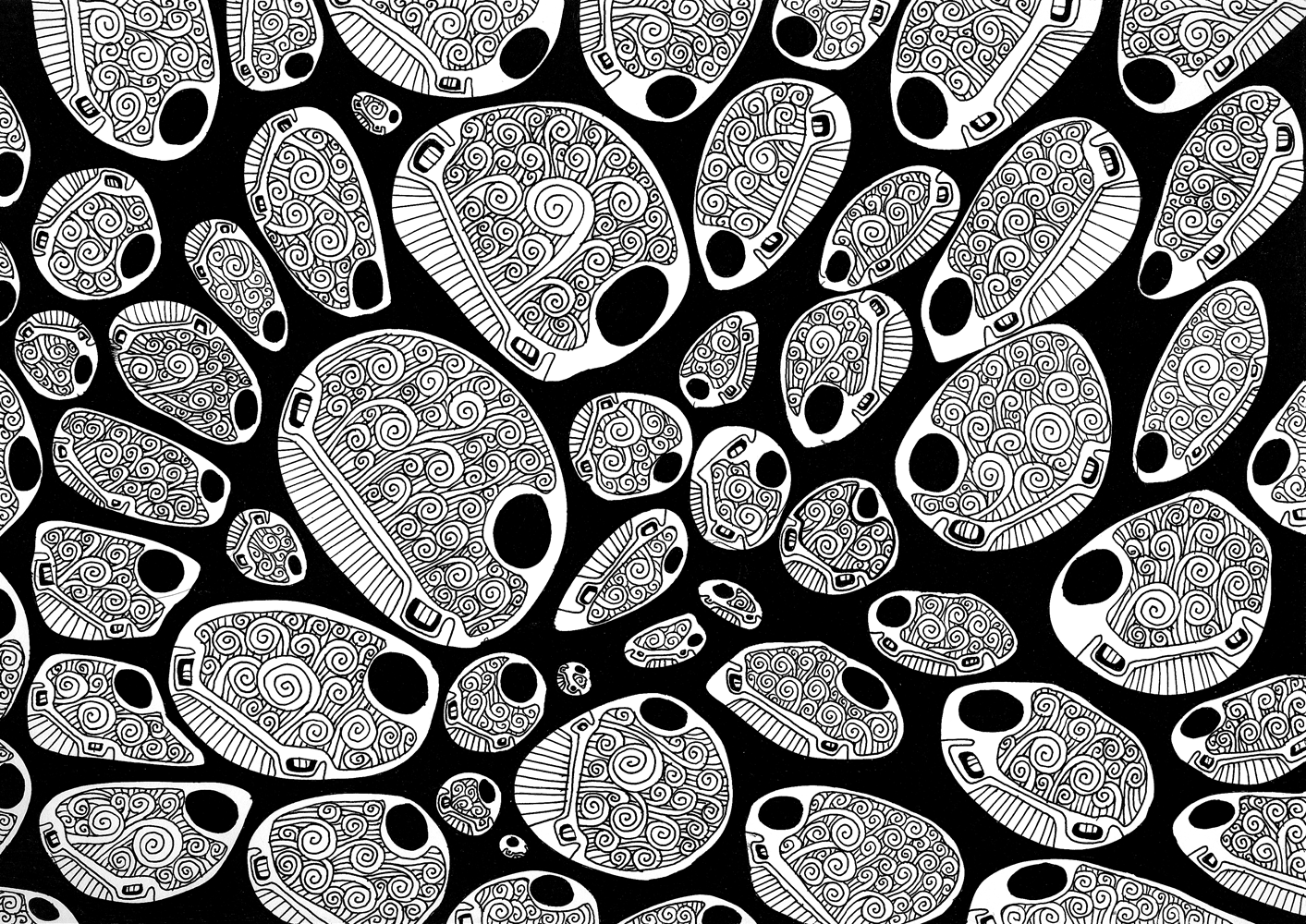The microbes living in the intestine can contribute to the symptoms of anxiety and depression, a new study has revealed.
depression, a new study has revealed.
Each of us, inside and out, is teeming with microbes. So much so, in fact, that we should almost regard ourselves as passengers in our own bodies, because the microbes that hitch a ride on us outnumber our own cells over fifty fold.
The average human intestine is home to 2 kilograms of bacteria. But these bugs aren't passive passengers: new research is suggesting that they may play an active role in mood and mental illness.
Using experimental mice, McMaster University gastroenterologist Premysl Bercik has found that the presence of microbes in the intestines is responsible for producing the symptoms of anxiety.
The team used a model called "maternal separation". Baby mice are separated from their mothers for a few hours each day.
After a period of time this leads to symptoms similar to some presentation of depression and anxiety seen in humans. Levels of stress hormones, like cortisol, also increase in the animals' bloodstreams.
But when the team tried the experiment on animals that had been reared in sterile "germ free" conditions, meaning that they had no microbes living on or in them, although they had high levels of stress hormones in their blood, they did not show the same behavioural changes as normal mice. Colonising these germ-free animals with bacteria, however, led to the establishment of symptoms like normally-reared mice.
The team believe that chemical signals produced by the intestinal microbes travel to the brain via the bloodstream, or are picked up by nerves supplying the intestines themselves, with the result that they alter brain chemistry and mood.
The presence of stress in the first place, they argue, alters the environment of the bowel shifting the spectrum and population of bugs, leading to the altered chemical environment.
The implications of the work, published this week in Nature Communications, are significant. Will depression one day be better managed with pre- and pro-biotics, or even a "transpoosion" from someone in a better mood than you?










Comments
Add a comment